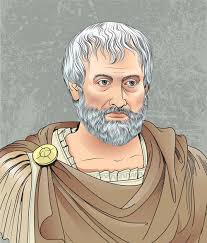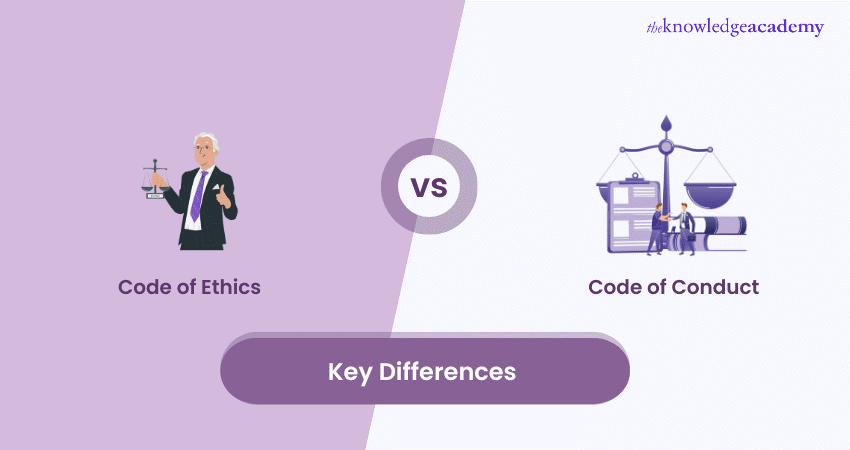The Significance of Philosophy in Modern Society
Philosophy, often regarded as the pursuit of wisdom and understanding, plays a crucial role in shaping our modern society. It is not merely an abstract discipline reserved for ivory towers; rather, it offers valuable insights that can guide our actions and decisions in the complex world we live in.
One of the key contributions of philosophy is its ability to challenge assumptions and question the status quo. By encouraging critical thinking and reflection, it prompts us to examine the fundamental principles that underpin our beliefs and values. In a world inundated with information and opinions, philosophy provides a framework for discerning truth from falsehood and navigating moral dilemmas.
Moreover, philosophy serves as a bridge between different disciplines, fostering interdisciplinary dialogue and collaboration. It offers a holistic perspective that transcends narrow disciplinary boundaries, allowing us to approach problems from multiple angles and uncovering connections that might otherwise remain hidden.
Furthermore, philosophy encourages empathy and understanding by prompting us to consider alternative viewpoints and engage with diverse perspectives. In an increasingly polarised world, where echo chambers abound and civil discourse is often lacking, philosophy reminds us of the importance of listening attentively and engaging thoughtfully with others.
In essence, philosophy enriches our lives by challenging us to think deeply about the nature of reality, existence, morality, and knowledge. It invites us to grapple with profound questions that have puzzled humanity for centuries and compels us to confront our own biases and preconceptions.
As we navigate the complexities of the modern world, let us not overlook the enduring relevance of philosophy. By embracing its teachings and insights, we can cultivate a more thoughtful, compassionate, and intellectually vibrant society.
Exploring Philosophy: Its Importance, Branches, Distinctions from Religion, Notable Philosophers, Ethical Theories, and Societal Impact
- What is philosophy and why is it important?
- What are the main branches of philosophy?
- How does philosophy differ from religion?
- Who are some famous philosophers and their contributions?
- What ethical theories exist in philosophy?
- How does philosophical thinking influence society and culture?
What is philosophy and why is it important?
Philosophy is the study of fundamental questions concerning existence, knowledge, values, reason, mind, and language. It delves into the nature of reality, morality, and human experience, seeking to uncover underlying principles that govern our understanding of the world. Philosophy is important because it provides a framework for critical thinking, enabling individuals to question assumptions, evaluate arguments, and engage in reasoned debate. By exploring philosophical inquiries, we gain insights into the complexities of human existence and develop a deeper appreciation for the diversity of perspectives that shape our beliefs and values.
What are the main branches of philosophy?
The main branches of philosophy encompass various areas of inquiry that seek to explore fundamental questions about existence, knowledge, ethics, and reality. These branches include metaphysics, which delves into the nature of reality and existence; epistemology, which examines the nature of knowledge and belief; ethics, which explores concepts of right and wrong conduct; aesthetics, which studies beauty and art; logic, which focuses on reasoning and argumentation; and political philosophy, which addresses issues related to governance and society. Each branch offers a unique perspective on the human experience and contributes to a comprehensive understanding of the world we inhabit.
How does philosophy differ from religion?
In exploring the distinction between philosophy and religion, it is essential to recognise their differing approaches to understanding the world and our place within it. Philosophy typically relies on reason, critical thinking, and logical analysis to examine fundamental questions about existence, morality, knowledge, and reality. It seeks to provide rational explanations and arguments based on evidence and logic. In contrast, religion often involves faith, spirituality, and belief in a higher power or divine authority. It offers a set of religious teachings, doctrines, rituals, and practices that guide individuals in matters of faith and morality. While philosophy tends to focus on intellectual inquiry and reasoning, religion addresses spiritual concerns and offers a framework for understanding the supernatural or transcendent aspects of human experience.
Who are some famous philosophers and their contributions?
When exploring the realm of philosophy, it is common to inquire about renowned philosophers and their significant contributions to the field. Some of the most influential figures in the history of philosophy include Socrates, known for his method of questioning that laid the foundation for Western philosophy; Aristotle, whose works encompassed logic, ethics, and metaphysics; Immanuel Kant, who revolutionised ethics and epistemology with his concept of categorical imperative; and Friedrich Nietzsche, whose critiques of traditional morality and existentialist ideas continue to provoke thought and debate. These philosophers have left a lasting legacy through their profound insights and enduring impact on philosophical thought.
What ethical theories exist in philosophy?
In philosophy, the question of what ethical theories exist is a fundamental inquiry that invites exploration into the diverse approaches to understanding morality and ethical decision-making. Ethical theories encompass a range of perspectives, from consequentialism, which evaluates actions based on their outcomes, to deontology, which focuses on the inherent rightness or wrongness of actions themselves. Additionally, virtue ethics emphasises the development of moral character and virtues. Each ethical theory offers unique insights into how we can navigate moral dilemmas and strive towards living ethically responsible lives. By delving into these varied theories, individuals can deepen their understanding of ethics and engage in meaningful discussions about moral principles and values.
How does philosophical thinking influence society and culture?
Philosophical thinking exerts a profound influence on society and culture by shaping the way we perceive the world, engage with ideas, and interact with one another. Through philosophical inquiry, individuals are prompted to reflect on fundamental questions about existence, morality, knowledge, and reality. This introspective process not only deepens our understanding of ourselves and the world around us but also inspires critical thinking and intellectual curiosity. By challenging conventional wisdom and encouraging open dialogue, philosophical thinking fosters a culture of inquiry and exploration that is essential for societal progress and cultural enrichment. Moreover, philosophy serves as a catalyst for social change by prompting individuals to question prevailing norms and values, advocate for justice and equality, and envision alternative futures based on ethical principles and reasoned arguments. In this way, philosophical thinking acts as a guiding force that shapes our collective consciousness and influences the evolution of society and culture over time.




